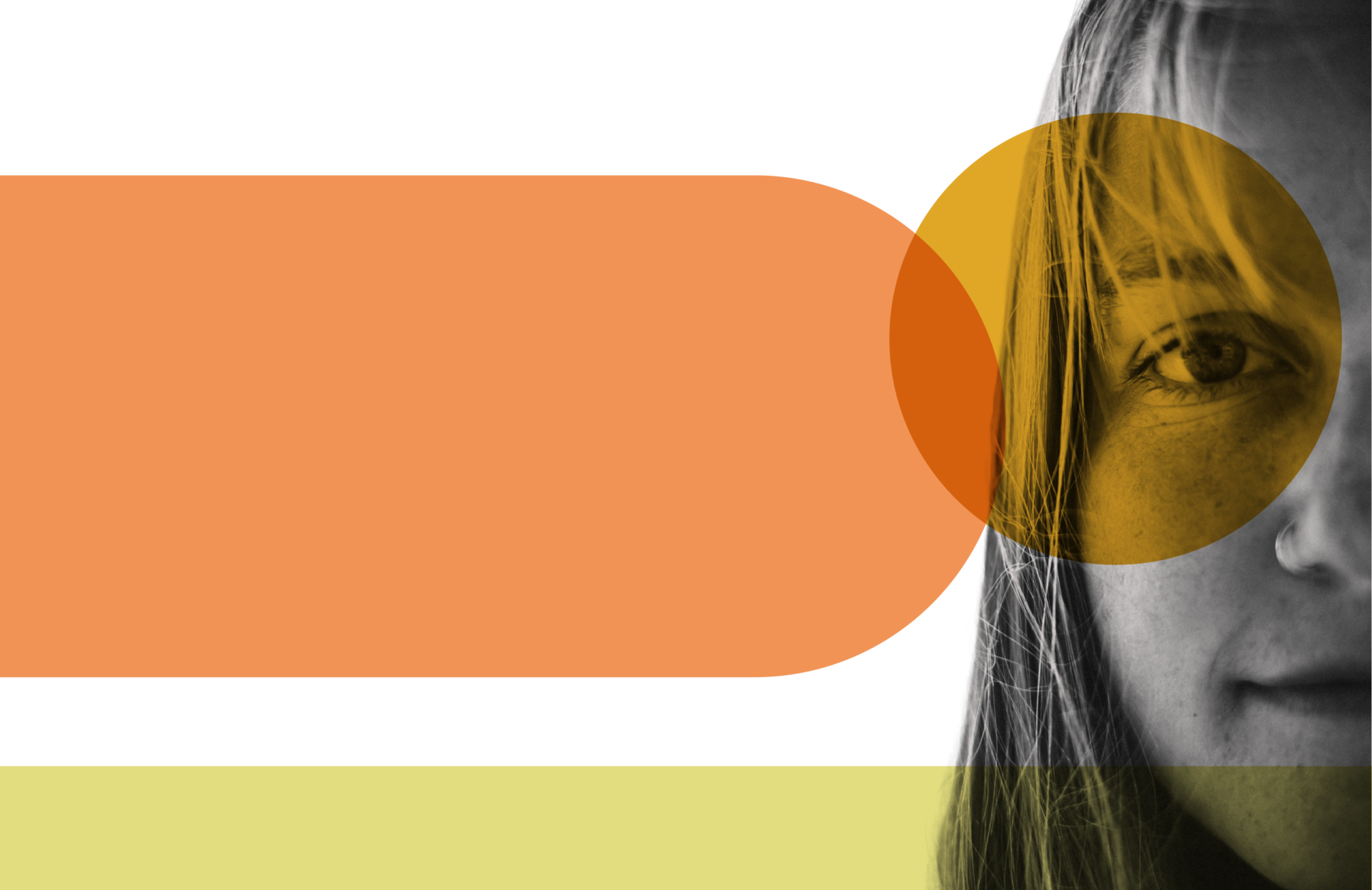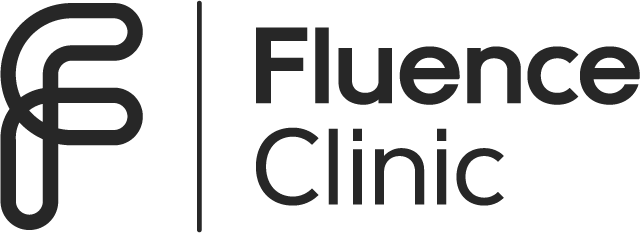Addiction is a treatable chronic medical disease involving complex interactions among brain circuits, genetics, the environment and an individual’s life experiences
People with addiction use substances or engage in behaviours that become compulsive and often continue despite harmful consequences.
Addiction is a common problem, but help is available. Addiction is defined as not having control over doing, taking or using something to the point where it could be harmful to you.
Understanding Addictons

Addiction is most commonly associated with gambling, drugs, alcohol and smoking
However it is possible to be addicted to just about anything including work; the internet; gaming; sex and shopping.
There are lots of reasons why addictions begin. In the case of drugs, alcohol and nicotine, these substances affect the way you feel, both physically and mentally. These feelings can be enjoyable and create a powerful urge to use the substance again. Gambling may result in a similar mental ‘high’ after a win, followed by a strong urge to try again and recreate that feeling. This can develop into a habit that becomes very hard to stop.

Being addicted to something, means not having it causes withdrawal symptoms or a ‘come down’
Because this can be unpleasant, it is easier to carry on having or doing what you crave, and so the cycle continues. Often, an addiction gets out of control because you need more and more to satisfy a craving and achieving the ‘high’.
Addictions have a very strong association with trauma and adverse childhood experiences.
The treatment of addictions is primarily psychotherapeutic, with symptomatic medication management when needed for withdrawals in order to alleviate distress and harmful effects to the body.

Our Psychiatrists are committed to providing comprehensive assessments to correctly identify symptoms and ensure that you receive an accurate diagnosis.
Book online for a fast, affordable and convenient online assessment or call Fluence Clinic directly on
0457 243 459

Understanding Addictons
Addiction is a treatable chronic medical disease involving complex interactions among brain circuits, genetics, the environment and an individual’s life experiences
People with addiction use substances or engage in behaviours that become compulsive and often continue despite harmful consequences.
Addiction is a common problem, but help is available. Addiction is defined as not having control over doing, taking or using something to the point where it could be harmful to you.
Addiction is most commonly associated with gambling, drugs, alcohol and smoking
However it is possible to be addicted to just about anything including work; the internet; gaming; sex and shopping.
There are lots of reasons why addictions begin. In the case of drugs, alcohol and nicotine, these substances affect the way you feel, both physically and mentally. These feelings can be enjoyable and create a powerful urge to use the substance again. Gambling may result in a similar mental ‘high’ after a win, followed by a strong urge to try again and recreate that feeling. This can develop into a habit that becomes very hard to stop.
Being addicted to something, means not having it causes withdrawal symptoms or a ‘come down’
Because this can be unpleasant, it is easier to carry on having or doing what you crave, and so the cycle continues. Often, an addiction gets out of control because you need more and more to satisfy a craving and achieving the ‘high’.
Addictions have a very strong association with trauma and adverse childhood experiences.
The treatment of addictions is primarily psychotherapeutic, with symptomatic medication management when needed for withdrawals in order to alleviate distress and harmful effects to the body.
Our Psychiatrists are committed to providing comprehensive assessments to correctly identify symptoms and ensure that you receive an accurate diagnosis.
Book online for a fast, affordable and convenient online assessment or call Fluence Clinic directly on
0457 243 459

